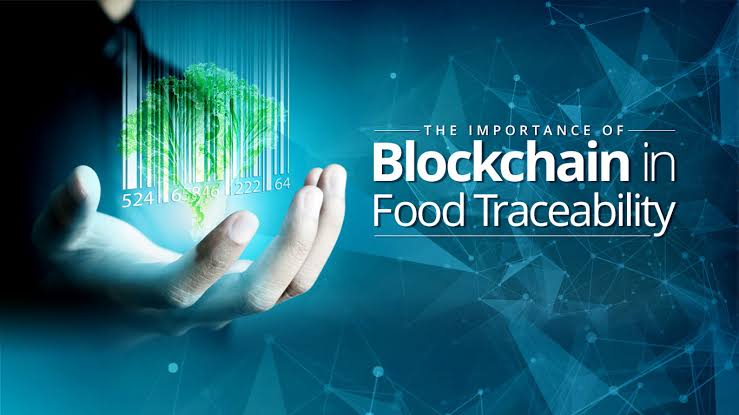Recently, Blockchain food traceability is picking up force in the worldwide agricultural food sector. The capability to instantly trace the whole lifecycle of food items starting from origin through every point on its journey and ending with customer reinforces efficiency, credibility, and security.
Customers would be able to trace and follow their food product from “farm to fork” by scanning a QR code. Blockchain holds the guarantee of disturbing transformation, yet not without potential barriers along the way back. Transparency, however, can be a double-edged sword in driving market conditions.
Cryptocurrency transactions had acquainted the world with blockchain technology. Blockchain is a permanent distributed ledger of digital transaction information that is continuously confirmed with each new transaction connected in the chain. This proficiency removes the requirement for intermediary processors by giving efficiency and transparency to sellers, counterparties, and suppliers.
Also, blockchain technology has several advantages when applied to the healthcare industry. The outstanding use-cases of the blockchain technology will profit the healthcare industry.
Walmart has just started pilot testing utilizing blockchain for traceability. Fortune remarks that the blockchain pilot could track the cut mangoes through each checkpoint from a Mexican farm, to a hot water treatment plant, to a merchant, to a U.S. processing plant, to a cold storage warehouse, and lastly to Walmart.
Europe’s biggest retailer, Carrefour, has integrated the blockchain food traceability for free-range chickens in France, Auvergne, empowering customers to follow each phase of production through their cell phones, as reported by Reuters.
Carrefour intends to extend blockchain to other food products, including eggs, honey, milk, tomatoes, salmon, and hamburgers. Furthermore, Swiss food organization Nestle and British-Dutch Unilever have additionally taken an interest in blockchain ventures to improve food supply chain transparency.
The European Union (EU) executes the Trade Control and Expert System (TRACES) for food traceability and also the risk management functions, which can track exchanged goods all through the production chain for livestock, animal-based or plant products.
Currently, food traceability has been at the focal point of recent food safety on all ongoing meetings, especially with new developments in blockchain applications. Because of its nature of perishability, the food industry business is very powerless against committing errors that would influence human lives. While foodborne diseases frighten general health, the initial step is to trace the source of pollution, and there is no resistance to vulnerability.
In recent years, traceability has turned out to be progressively significant. Today, the worldwide food supply chain network has developed into a tangled web as organizations look to upgrade their abilities to feed the world’s growing population. While sanitation issues stay uncommon, when they do happen, general wellbeing and lives are in question, just as the occupations of industries, organizations, and workers.




